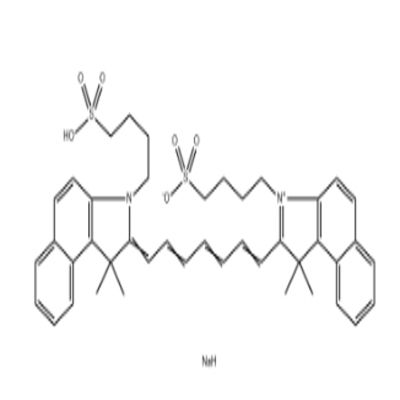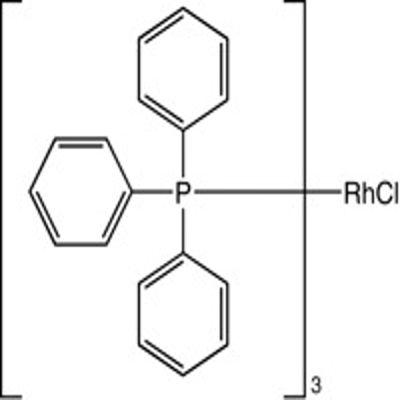-
Categories
-
Pharmaceutical Intermediates
-
Active Pharmaceutical Ingredients
-
Food Additives
- Industrial Coatings
- Agrochemicals
- Dyes and Pigments
- Surfactant
- Flavors and Fragrances
- Chemical Reagents
- Catalyst and Auxiliary
- Natural Products
- Inorganic Chemistry
-
Organic Chemistry
-
Biochemical Engineering
- Analytical Chemistry
- Cosmetic Ingredient
-
Pharmaceutical Intermediates
Promotion
ECHEMI Mall
Wholesale
Weekly Price
Exhibition
News
-
Trade Service
The U.S. Centers for Disease Control and Prevention has updated guidelines for public health officials and mathematical modelling researchers, CNN reported July 11.
the guidelines estimate that "40% of people infected with SARS-CoV-2 have no symptoms".
requires antiviral treatment for mildly infected people, while for patients with severe and critically ill-treated new coronapneumonia (COVID-19), oxygen therapy, ventilator mechanical ventilation and even in vitro membrane pulmonary oxygenation (ECMO) are required.
, a South Korean research team published in Science immunology, compared to patients with severe influenza, severe COVID-19 in all types of peripheral blood single nuclear cells (PBMC) showed a high inflammatory response, especially cytokine TNF/IL-1 beta intervention inflammatory response, indicating that patients with severe COVID-19 patients are closely related to inflammatory cell factors.
also found enhanced i-type interferon (IFN-I) immune response in patients with severe COVID-19, emphasizing that the timing of IFN-1 expression is critical to determining the outcome of SARS-CoV-2 infection, and ifN-I can be a potential target for the treatment of severe COVID-19.
10.1126 / sciimmunol.abd1554 When pathogens (e.g. pathogenic bacteria, viruses, etc.) infect the human body can trigger inflammation, the body through cytokinintervention intervention of the inflammatory response to resist the invasion of pathogens, in the process, cytokine, such as IL-2, IL-3, IL-4, IFN-gamma, TNF-beta, etc.
severe COVID-19 patients can have a high inflammatory response, also known as cytokine storms, resulting in the body's immune system balance is broken, a large number of inflammatory factors continue to produce, and eventually patients due to autoimmune over-immunity lead to multiple organ failure.
in the study, the team extracted PBMC from healthy people, mild and severe COVID-19 patients for single-cell RNA sequencing (scRNA-seq) and graded the relative gene expression changes of different symptoms as a control in the health group, finding that for severe COVID-19, regardless of cell type, they were affected by common inflammatory media.
used Pearson correlation coefficients (PCCs) to grade changes in gene expression in different disease types; black boxes represented the types of cells highly correlated between severe COVID-19 and influenza groups, and in order to further study the characteristics of severe COVID-19, the team directly compared mild PBMC between severe COVID-19 found that severe COVID-19 was highly correlated with inflammatory responses associated with IFN-I and TNF/IL-1 beta, and IFN-I induces a high inflammatory response by eliminating the tolerable effects of TNF.
the classic mononucleocytes between mild and severe COVID-19 finally, the team obtained a large amount of RNA-seq data from the lung tissue of COVID-19 deceased, validated ifN-I reaction and inflammatory characteristics, and found that in severe influenza, interferon-boosting stimulation genes (ISG) were significantly expressed, and expression of various IFN-stimulating genes increased, but only in patients with CO-19.
the validation of IFN-I and inflammatory reactions combined in the post-death pulmonary tissue transcription group in patients with COVID-19, a review of the 2009 H1N1 influenza pandemic and the outbreak of H5N1 highly pathogenic avian influenza, it was found that a part of the patients infected with the virus did not die from the infection itself, but were over-immunized.
for the current new coronavirus, the medical team in addition to the national health and care director of the anti-viral program announced, but also should pay attention to the adverse effects of cytokine storms on patients.
, as scientists delve deeper into COVID-19, it is believed that the treatment strategy of using inflammatory cytokines similar to IFN-I as a target for severe COVID-19 is also within reach.
References: s1 Fasting-mimicking diet and hormone therapy dyddd breast cancer regression. Effects of The S.A., And Disease, Aging, Aging, And Disease.







